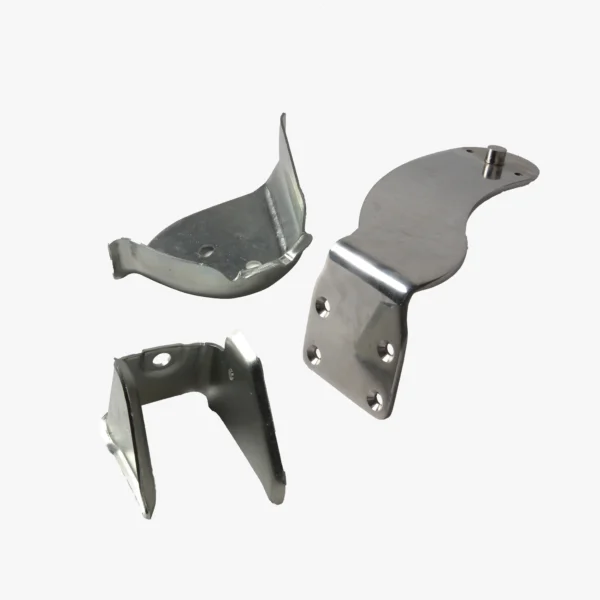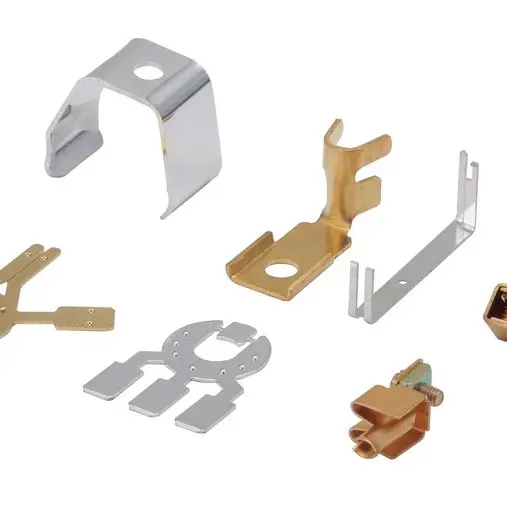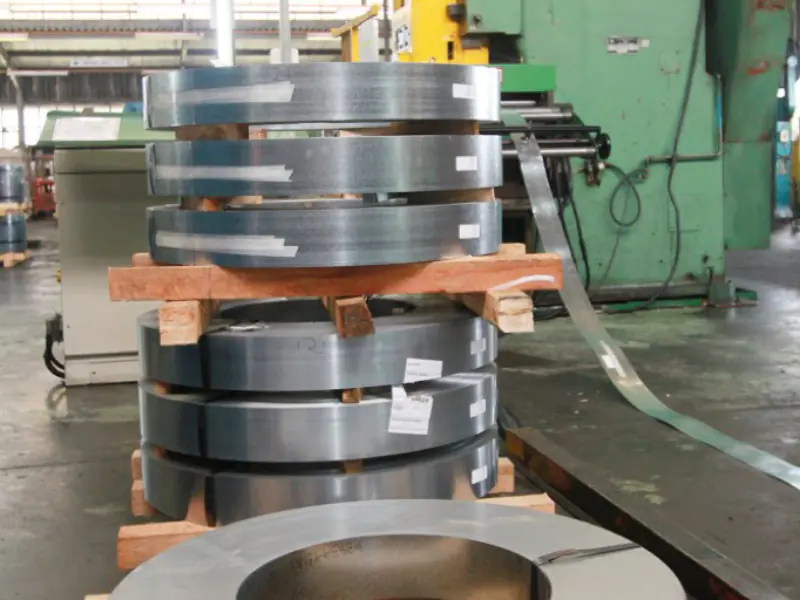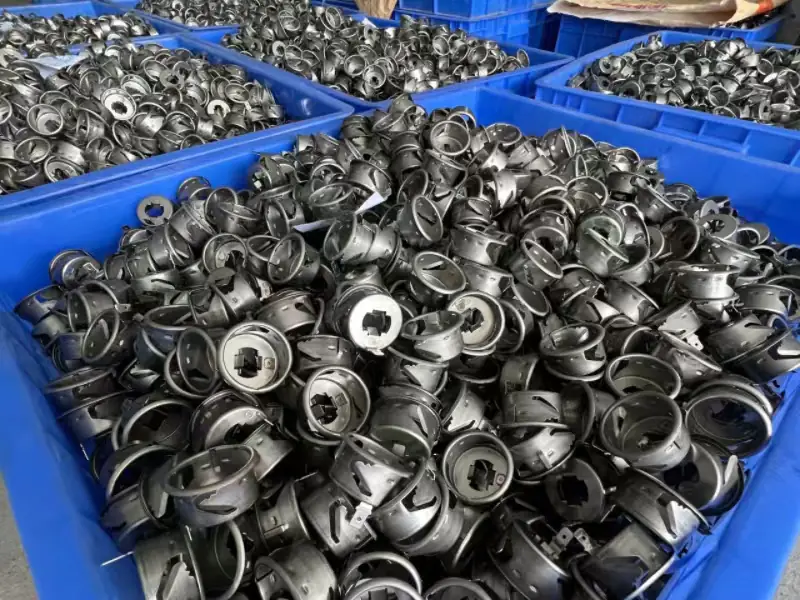-
No.66 Gaojia, Xingfu Village, Sanqi Town, Yuyao, Ningbo,China
-

Cable Crimp Sleeve Bracket
-

Cylindrical Spacers
-

Push Nut Fasteners
-

Rapid Prototype Parts Spacer
-

Stamped Chassis Brackets
Precision Metal Stamping for Automotive Applications: Your Complete Guide

High-precision automotive stamped componentsMetal stamping is a cornerstone manufacturing process in the automotive industry, delivering cost-effective, high-quality components that meet strict industry standards. This comprehensive guide explores how automotive metal stamping transforms sheets of metal into precisely engineered parts that power modern vehicles.
What Makes Metal Stamping Essential for Automotive Manufacturing?
Metal stamping serves as a critical manufacturing technique in automotive production, offering unmatched efficiency and precision. The process involves converting flat metal sheets into complex parts that meet tight tolerances through specialized stamping operations. Modern automotive manufacturers rely on this versatile process to produce everything from body panels to structural components.The automotive industry demands both high-volume production capabilities and exceptional quality control - requirements that metal stamping consistently delivers.
Types of Automotive Components Produced Through Stamping
Common automotive stamped parts include:
- Structural Components
- Chassis brackets
- Frame rails
- Cross members
- Body Components
- Fenders
- Door panels
- Hood components
Advanced Metal Stamping Processes in Automotive Applications
The automotive sector utilizes several specialized stamping techniques:
| Process Type | Application | Benefits |
|---|---|---|
| Progressive Die Stamping | Complex parts | High-volume production |
| Transfer Stamping | Large components | Improved precision |
| Deep Draw Stamping | Cylindrical parts | Material optimization |
Quality Control in Automotive Metal Stamping
Quality control measures include:
- In-line inspection systems
- Statistical process control
- Material certification
- Dimensional verification
- Surface finish analysis
Cost-Effectiveness of Metal Stamping in Automotive Production
Metal stamping offers significant cost advantages through:
- Reduced material waste
- High production speeds
- Automation capabilities
- Consistent quality
- Lower labor costs
How Does Metal Stamping Support Automotive Innovation?
Modern metal stamping techniques enable:
- Lightweight vehicle design
- Enhanced safety features
- Improved fuel efficiency
- Advanced structural integrity
Material Selection for Automotive Stamping
Common materials include:
- Advanced high-strength steel
- Aluminum alloys
- Stainless steel
- Specialized automotive grades
The Future of Automotive Metal Stamping
Emerging trends include:
- Integration of smart manufacturing
- Advanced automation systems
- New material developments
- Enhanced precision capabilities
Key Considerations When Choosing a Stamping Partner
Look for:
- Industry experience
- Quality certifications
- Technical capabilities
- Production capacity
- Innovation focus
Learn more about custom stamping solutions and sheet metal fabrication for your automotive projects.
Key Benefits:
- Consistent high-quality production
- Cost-effective manufacturing
- Scalable production capacity
- Precise tolerances
- Durability and reliability




